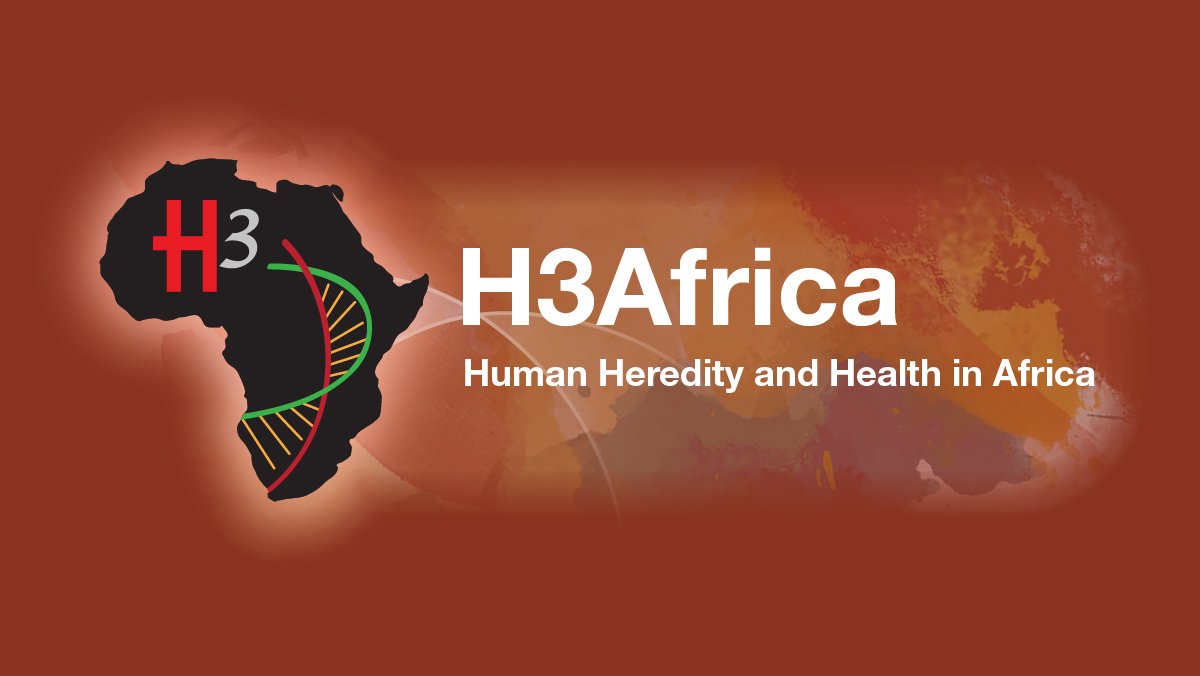H3Africa program comes to an end, leaving an important genomics legacy
There are only a few weeks left to visit the Genome: Unlocking Life’s Code exhibition at the Smithsonian’s National Museum of Natural History in Washington DC. As described in the December 2021 issue of The Genomics Landscape, the exhibition first opened at the Smithsonian in 2013 to commemorate the 60th anniversary of the discovery of the double-helical structure of DNA and the 10th anniversary of the completion of the Human Genome Project. After traveling to 12 states and Canada, the exhibition is now back at the Smithsonian until it officially closes for good, which is currently scheduled for the end of November. So, if you happen to be in the DC area, you might want to go see the exhibition for one last time!
Finally, did you know that November is Family Health History Month? Knowing and acting on your family health history are important for your health. The Centers for Disease Control and Prevention (CDC) offers a number of tools for collecting your family health history and sharing it with your doctor.
All the best,
![]()
In This Issue
- H3Africa program comes to an end, leaving an important genomics legacy
- NIH publishes first UNITE progress report
- NHGRI Intramural Research Program seminar series resumes
- NHGRI refines guidance on extramural applications requesting >$500K direct costs
- Joan Bailey-Wilson and David Bodine retire from NHGRI
Genomic Data Sharing Spotlight
The highly anticipated new NIH Data Management and Sharing (DMS) Policy will go into effect in just under three months, specifically on January 25, 2023. At that time, NIH-supported researchers generating scientific data will be required to submit a DMS Plan as part of their grant application or project proposal. The goal of the new policy is to promote data management and sharing, thereby enabling validation of research results, providing accessibility to high-value datasets, and promoting data reuse for future research studies. To help the NHGRI community of investigators, the institute updated its website to clarify expectations for both the new policy and the long-standing NIH Genomic Data Sharing Policy; this includes the provision of resources to help investigators navigate the two policies. We encourage interested investigators to check out the new webpage and to send comments to nhgrigds@nih.gov!
NHGRI is committed to working with the genomics research community to maximize the quality of data that are shared based on the two NIH data sharing policies, in addition to helping with the sharing of research software and code. With time, the institute expects that investigators will be more equipped to share the valuable data and other products generated through their work. For example, the sharing of well-annotated data will foster reproducibility and enable the emerging fields of artificial intelligence and machine learning (AI/ML) to transform how we integrate and analyze large datasets, ultimately leading to significant advances in human health and healthcare. In fact, NIH has various initiatives aiming to catalyze AI/ML work, including efforts that have a strong genomics component (learn more).

About The Genomics Landscape
A monthly update from the NHGRI Director on activities and accomplishments from the institute and the field of genomics.
Last updated: November 3, 2022





